In the experience economy, people care less about accumulating material objects.
They care about making memories and about how interactions make them feel. Whether that’s taking part in a fun escape room puzzle (a trend that’s starting to pop up everywhere now and reminiscent of The Crystal Maze), going on an adventure holiday, or just shopping in their local high street store.
Essentially, ‘experience’ is the operative word here – and that’s something we’re no stranger to here at POP. In fact, you could call us experience specialists – at least where interactive touchscreens are concerned.
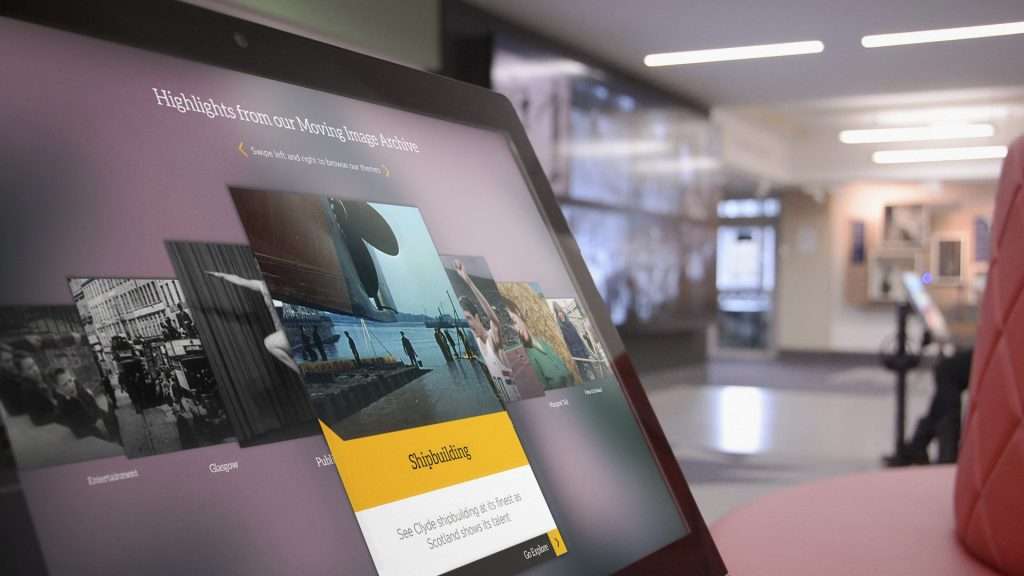
So, what brand lessons can we take away from the experience economy? We’ve put together three of the biggest right here:
- Keep it genuine and authentic
- Stay connected with your customers
- Deliver something unique and seamless
1. Keep it genuine and authentic
Regardless of what you’re offering, it’s essential to keep your brand rooted in authenticity – whether you’re engaging your customers with an authentic brand story, or coming up with a seamless experience that offers convenience or value to their interaction with your company.
It’s all about offering a meaningful transaction that your customers will remember you for, and will be happy to return for. So, if possible, why not make them feel part of something bigger by sharing your values and what you stand for as part of your overall experience?
This is a great way for people to connect with your brand over shared interests – whether that be the environment or a cause that people feel strongly about. This is a great way to establish trust and get people caring not just about your brand but about your entire ethos.
And don’t just think that this is for B2C brands, the above points are just as valid with B2B.
2. Stay connected with your customers
It’s important to go where your customers are – so consider, which social media channels are they using most? This could easily be Facebook or Twitter, however, a lot of experiences are centred around visuals and storytelling, so you may want to start sharing on platforms that support interactive content.
According to a recent survey from DemandGen Report, 91% of B2B buyers now say they prefer to consume interactive and visual content to static content.

Nowadays, people can access your brand and content at the touch of a button via smartphones and tablets – and goods and services are more often than not being offered peer-to-peer. Experiences and sharing are key, so why not take advantage of both?
Don’t forget to listen to what they have to say. Staying connected with your customers also means keeping track of market trends and challenges, to work out where your solutions fit and how you can enhance their experience with your brand wherever possible.
3. Deliver something unique and seamless
Whether you want to go all-in with something tech-oriented like an interactive touchscreen experience, or you want to deliver outstanding service in any way that will set you apart from your competitors, the key is to get creative, think outside the box and make it something valuable people are going to remember and appreciate.
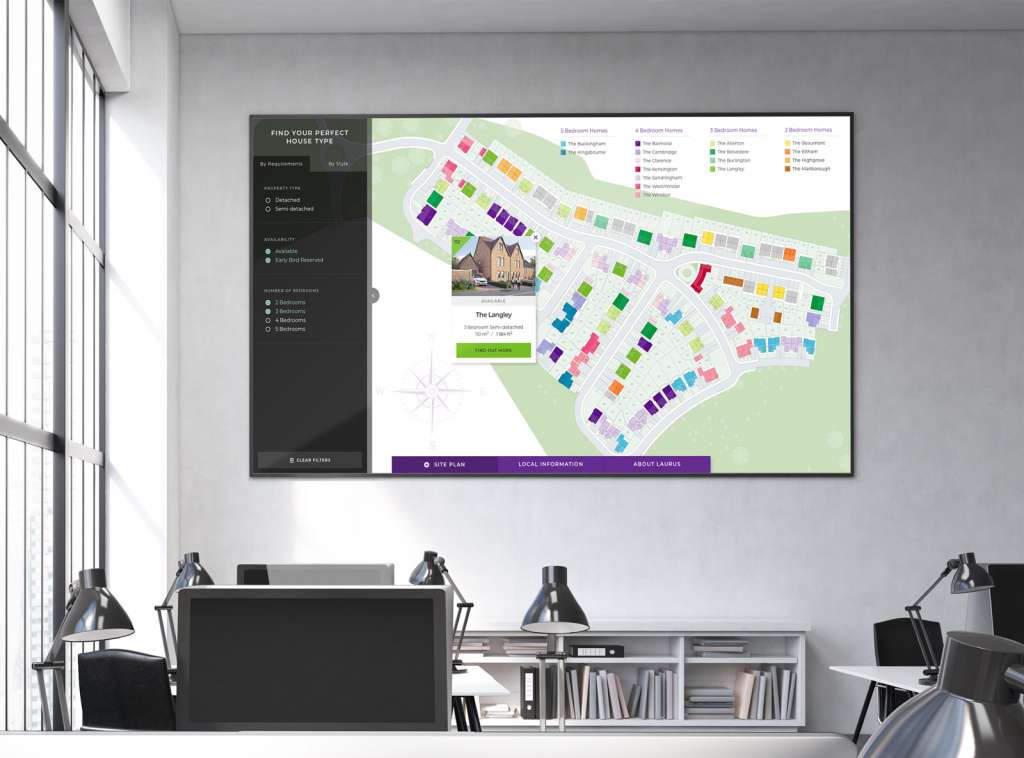
As long as you know your best customers inside-out, there’s an opportunity to create something that’s uniquely tailored to them. What are their likes and dislikes? How old are they? What does their typical interaction with your brand look like?
Now, think how you can make it that much better – could it be faster, more convenient, more personal? Is there a way of providing value that they’re not expecting? Don’t forget to consider how you want your experience to make them feel. What will get them coming back for more?
All of these answers are key ingredients to thinking outside the box and delivering something spectacular.
Advice from the experience pros
You don’t necessarily need a fancy, all-singing all-dancing experience for your customers. All the ‘experience economy’ means is that we’re now in a long-term economic trend where the experience of dealing with a brand actually takes priority over the product or service that brand is offering. It’s all about how you make people feel, and the memory they come away with afterwards.
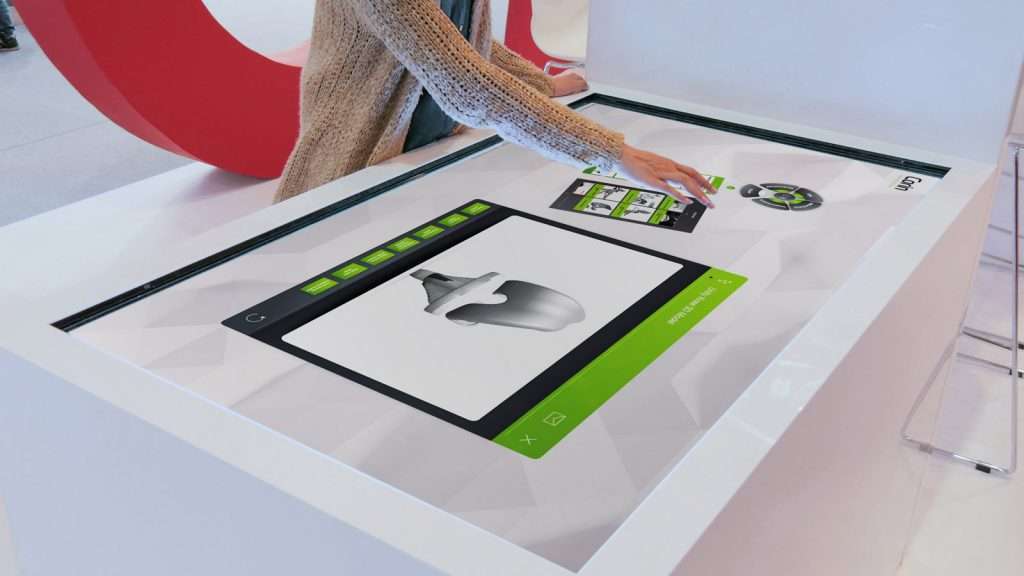
The idea is that the memory can make or break a brand, which is why it’s absolutely essential to think about what your typical customer interaction looks like at the moment, and the ways you can turn that into an experience that delights at every turn.
Ask yourself how you can exceed expectations, deliver more, and make their experience an unforgettable one – for all the right reasons!
Especially if your customers are tech-savvy, or you want to come across as a forward-thinking brand, an interactive touchscreen experience could be a great way to improve your customer experience – but at the same time, they’re not for everyone. Here are just some of the ways an interactive touchscreen could help to enhance your customer experience.
TIP: If you’re not sure what’s the right way to go for you, here are 5 important steps to consider before considering an interactive experience.
Welcome to the experience economy
If you’re just learning about the experience economy, you’ll probably be reading a lot more about it in the coming months. It’s essentially all about providing the best value and ensuring your customers take away positive memories and experiences associated with your brand.
Because essentially, the way you make your customers feel? Well, it’s just as important – if not more important – than the products or services you’re offering.
Download guide
Check your email to find your guide.
So, it’s vital you start thinking about the typical interactions and experiences customers have with your brand, and how you can improve them.
If you’d like to know more about creating interactive sales experiences that your customers will love, get in touch today on +44 (0)117 329 1712 or hello@popcomms.com. We’d love to hear from you!
Related Posts
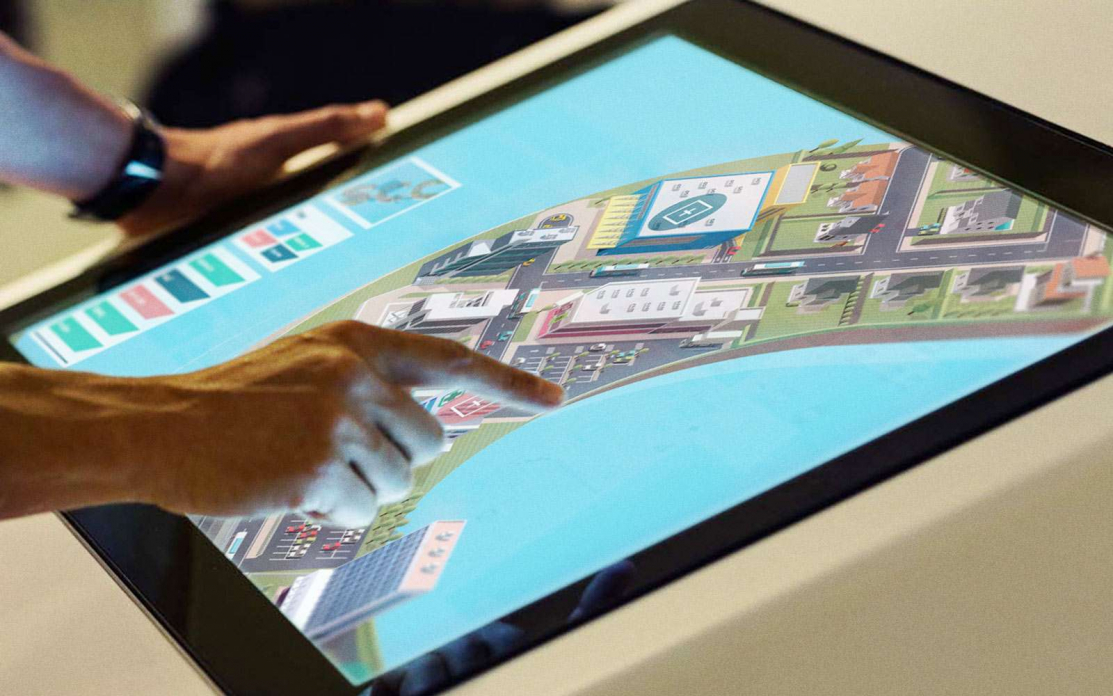
7 Reasons Why an Interactive Touchscreen Display Can Deliver at Your Event
Read
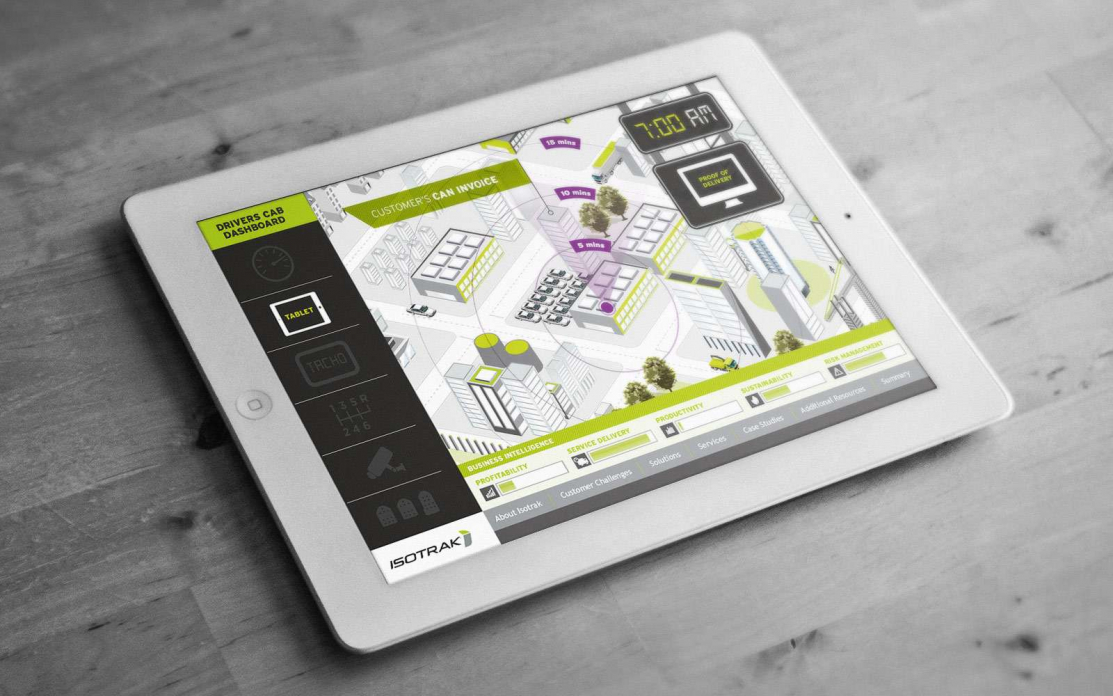
A Simple Visual Storytelling Technique to Bring your Presentations to Life
Read
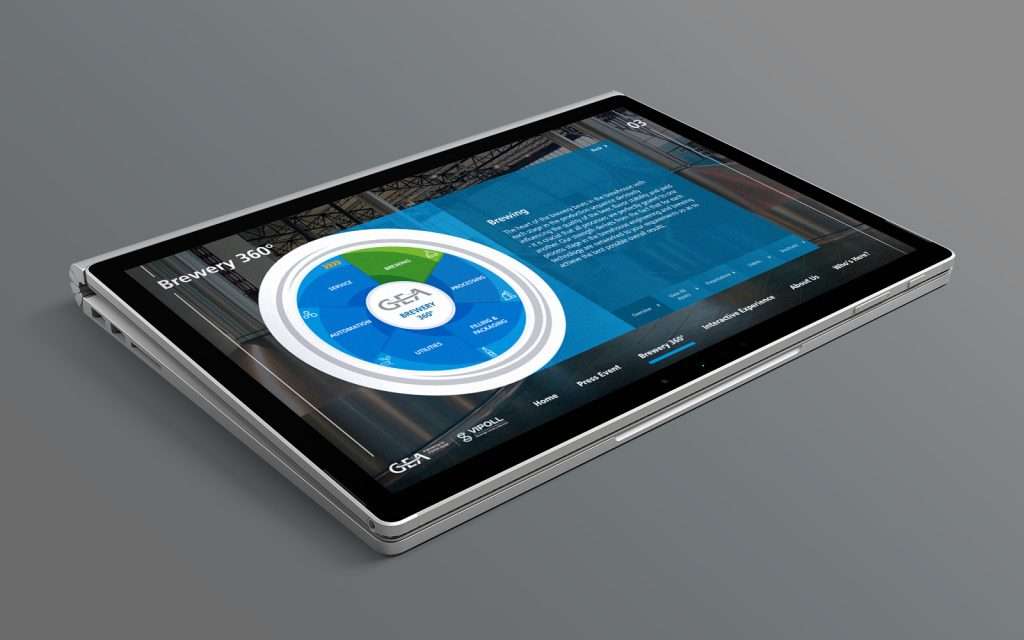
5 Tips for Authentic B2B Brand Storytelling
Read
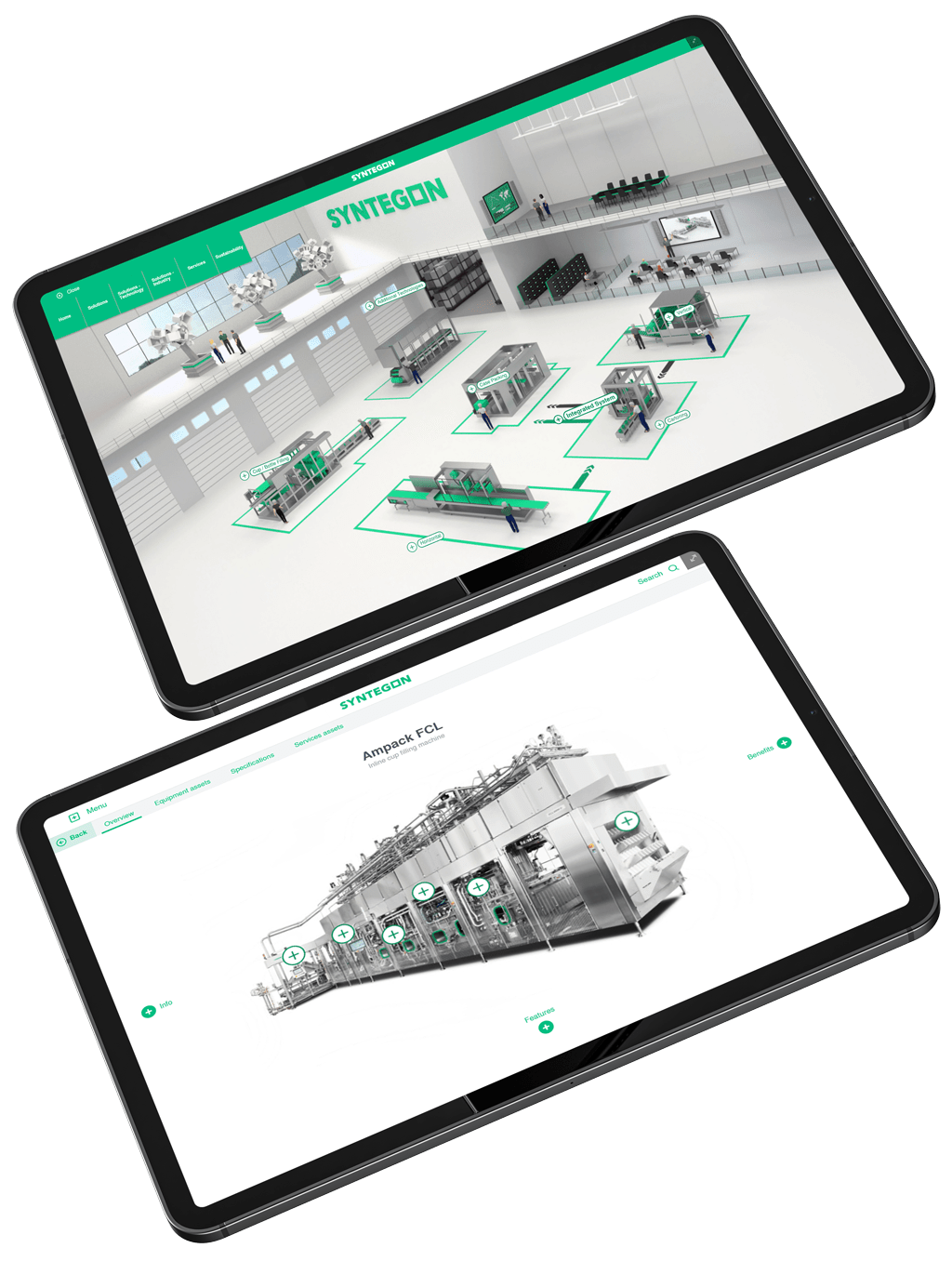
Why Advanced Manufacturers Should Use Touchscreens at Events and in Innovation Centres
Read